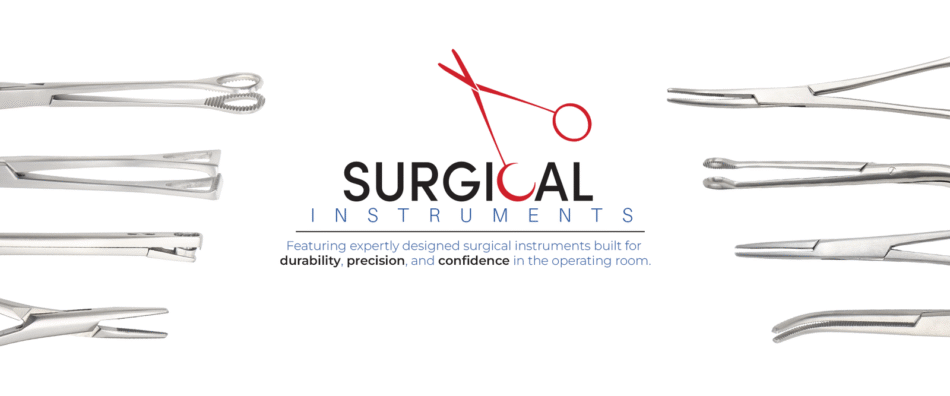The healthcare industry is evolving rapidly, and technology is at the heart of this transformation. One area seeing significant innovation is the surgical supply store industry. Traditionally viewed as a straightforward link in the healthcare supply chain, these stores are now leveraging technology to improve efficiency, enhance customer experience, and ensure compliance with strict healthcare standards.
Below, we explore the key ways technology is reshaping how surgical supply stores operate and serve clinics, hospitals, and private practices.
1. Streamlined Inventory Management:
One of the most critical challenges for surgical supply stores is managing vast inventories of essential products. Modern technology has introduced automated inventory systems that track usage, predict demand, and prevent stockouts. By using real-time data analytics, suppliers can forecast which items clinics will need most and ensure those supplies are always available. This not only keeps healthcare facilities fully stocked but also minimizes waste from overstocking.
2. Digital Ordering Platforms and E-Commerce Solutions:
Gone are the days when clinics had to place orders through phone calls or paper forms. Many surgical supply stores now offer user-friendly digital platforms or e-commerce portals where healthcare providers can browse products, compare prices, and place orders instantly. These systems improve convenience, reduce ordering errors, and save time for busy medical staff. Some platforms even allow recurring subscription orders, ensuring clinics never run out of critical supplies.
3. Integration with Clinic Management Systems:
Technology has enabled surgical supply stores to integrate directly with clinic management and electronic health record (EHR) systems. This integration allows for seamless tracking of supply usage linked to patient care. For example, a clinic performing a higher number of surgical procedures can trigger automated supply orders based on real-time data, ensuring alignment between clinical demand and inventory availability.
4. Improved Traceability and Compliance:
Regulatory compliance is non-negotiable in healthcare. New digital tools allow surgical supply stores to track products through the entire supply chain, providing full traceability from the manufacturer to the clinic. Barcoding, RFID technology, and blockchain systems ensure authenticity, reduce counterfeit risks, and simplify documentation for audits. Clinics can easily access product certifications and safety data sheets, ensuring compliance is built into every purchase.
5. Data-Driven Insights for Better Decision-Making:
Technology enables surgical supply stores to collect and analyze purchasing trends, seasonal demands, and product performance. By sharing these insights with clinics, suppliers can recommend cost-effective alternatives, suggest bulk purchasing strategies, or forecast supply needs during peak times. Data-driven recommendations help clinics reduce costs while maintaining high standards of patient care.
6. Enhanced Customer Service with AI and Automation:
Artificial intelligence (AI) and chatbots are increasingly being used by surgical supply stores to improve customer service. Clinics can quickly check product availability, track orders, or resolve queries without delays. Automated systems also send notifications for back-ordered items, delivery schedules, or compliance updates, ensuring transparency and efficiency in supplier-client communication.
7. Strengthened Supply Chain Resilience:
Global supply chain disruptions have highlighted the importance of resilience in medical supply delivery. Technology helps surgical supply stores identify risks early, reroute shipments, and manage alternative sourcing strategies. Cloud-based systems and predictive analytics provide greater visibility across the supply chain, ensuring clinics have continuous access to critical supplies even in uncertain times.
Conclusion:
Technology is no longer just an add-on—it is transforming the very foundation of the surgical supply store industry. From automated inventory systems and digital ordering platforms to enhanced compliance tracking and AI-powered support, innovation is creating smarter, more reliable supply chains. For clinics and hospitals, partnering with a technologically advanced supplier means improved efficiency, cost savings, and better patient outcomes. As the industry continues to embrace digital transformation, surgical supply stores will play an even greater role in shaping the future of healthcare delivery.
 WhatsApp Us Now
WhatsApp Us Now








